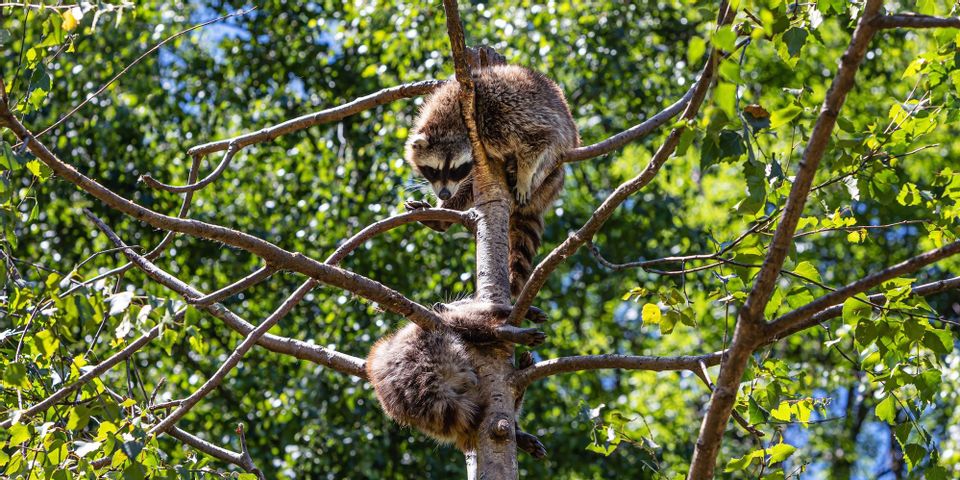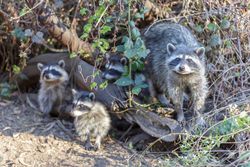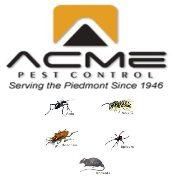
When you see an animal in your yard, you can wait for it to leave on its own, or you can call a pest control company if necessary. However, some animals, such as raccoons, are potential carriers for the dangerous rabies virus, so you need to be more cautious than usual. Learn how to identify a rabid animal below to ensure both you and your pest removal professional take the required precautions to avoid transmission.
How to Tell if a Raccoon Is Rabid
1. Behavior
Rabies affects the brain of infected animals, so one of the most recognizable signs is a change in behavior. Look for confusion, lethargy, or aggressive behavior from raccoons, as these animals are usually purposeful and timid. Also, take note of the time, since raccoons are nocturnal and shouldn't be active during the day. Finally, the raccoon may make unusual noises, and they might not react normally to loud sounds or food.
2. Appearance
 A very ill animal that isn't taking care of its coat will look rumpled or messy. Look at the raccoon's face in particular, as it's unusual for this area to look tangled or matted. You might also see the characteristic "frothing at the mouth" symptoms associated with rabies, or simply excessive drooling.
A very ill animal that isn't taking care of its coat will look rumpled or messy. Look at the raccoon's face in particular, as it's unusual for this area to look tangled or matted. You might also see the characteristic "frothing at the mouth" symptoms associated with rabies, or simply excessive drooling.
3. Movement
Rabies affects a raccoon's motor functions, so they may move stiffly, stumble, or seem drunk. They might also have one or more paralyzed limbs, which will result in them limping or dragging their hind legs. Other injuries can cause similar movements, but you should still let your pest control company know if the raccoon is moving strangely so they can assess the risk.
If you're worried about a rabid raccoon or any other animal in your yard, call Acme Pest Control Co in Concord, NC. Serving Cabarrus County for 70 years, they offer a full range of wildlife removal and pest control services to residential and commercial clients, as well as radon testing. Call (704) 786-4166 to get started today, or visit them online to learn more about their offerings.
About the Business
Have a question? Ask the experts!
Send your question

